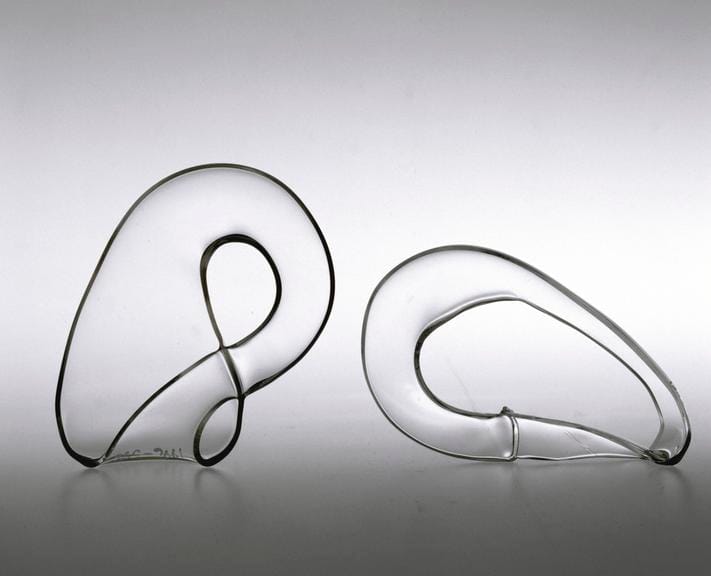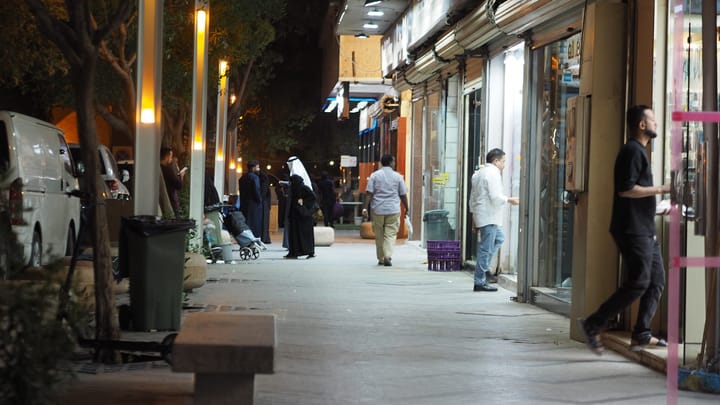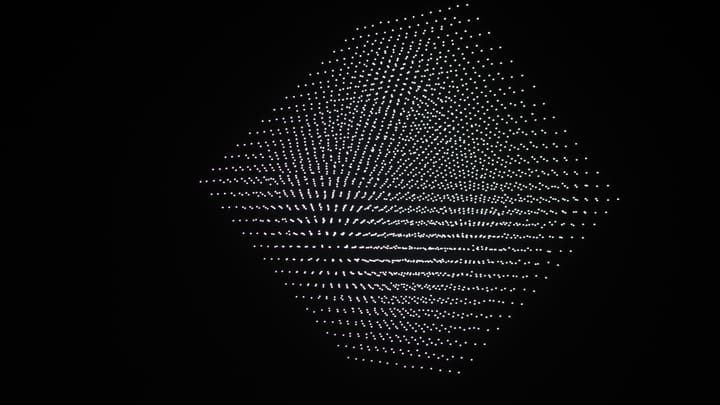Minus workshop 2: a tree imagines it's a tree

As you can see from the title, where I intended to report on workshop 2, sorting out some problems of the imagination in relation to perception, I ended up writing something quite different. Two things, actually, one leading into the other, and the second coming back around into the first: a tree imagines it's a tree and in the middle of that "We are allowing the proliferation of a technology which will not destroy humanity but will destroy its thought."
The problem prompting the tree post, which led to the AI post, was the question of imagination, but under it lies another question, of emotion. In the workshop 1 Jeff reminded me how often in Minus the question of emotion was opened up: actors were asked to start from stories evoking strong emotions for them, intensity being the key to how the action which followed threaded itself together. In light of the tree post and its brief but crucial explanation of the effects of duration on perception-imagination, actual-virtual, as the interval of the movement, intensity occurs in that interval, and, having both perceptual and imaginative elements and actual and virtual effects, arises from it. You might say the cause is here, or, rather, then when the actor feels and action has intensity of emotion.
Emotion then is not reactive, not in action and reaction, but precipitates into action, and, not so that the action too is intense, but as a kind of atmosphere, a mood suffusing the action and, as somebody said in workshop 2, a vibe. However vibe with more the meaning of vibration, of a frequency the group can get in on, or wave which carries the action along with it. . . until it runs out: this is what I am going to be focusing on today in workshop 3, how to notice it.
I was met in the foyer of the Ellen Melville Centre by a woman with headphones, I thought, who was interested in participating. Turns out what I thought were headphones were earmuffs, since she suffers from hyperacusis, to muffle the sound. And at the top of the stairs were two ladies from the Chinese dance group, accompanying Kwon, a younger woman. They said they only wanted to observe—the Chinese name for one was given as 'potato,' recalling for Chen her own little potato, the title of her award-winning short documentary, the other I found unpronounceable, Kwon, who uses her surname since it's easier for English-speakers, said her English name was Cindy. They ended up, at my insistence, participating. Unfortunately the hyperacusis sufferer also suffered from problems with her feet, so that early on in the walking-attuning exercises she had to go. She had to go, she said, because she was growing angry and distressed with herself for not being able to take part in the way she wanted to. That she wanted to and that the other ladies did came as something like a compliment.
Alex was also there, back in Minus, and thanked me for starting it up again; and Chenby, Chen, and Mike. And latecomers, Marie and Yuka. We got as far as introducing thief and using that as the basis for an extended 'action,' getting to it from the life-stories of Kwon, Cindy and Potato. All three of these were very interesting, Potato's performance of a poem from the Classical Tradition, she having been a teacher of literature back in China, Cindy's office-work, managing a request, Chen explained later, from Kiwirail for funding in China! And Kwon's intense vignette from her life as a solo mum.
Why I mention thief is that here is where the work needs to be done: developing the theatrical language for the actors to begin to think in it. It occurs to me this morning, from having thought two things, 1) how I wanted the interchanges to be fast between 'actions' and 2) how the actors might learn to feel when energy was ebbing from a particular scene (perhaps I should use the word scene rather than action), the active ingredient in a scene being tied to duration and to take place in a single movement, of all the members of Minus, that the scenes themselves can take as long as necessary but that it's the 'jumping in' that can have a sense of spontaneity about it. Each actor jumps in from a place of observation, having stolen a gesture—and an actor never thinks less with a gesture than a world—from the 'intense' centre, so that the worlds radiate and multiply. . . this radiation and multiplication and the transformations in the scene they bring can occur slowly. I want to feel the energy actors come in to a scene with like a flicker of the energetic form which then actualised suffuses the scene and its theatrical perception.


